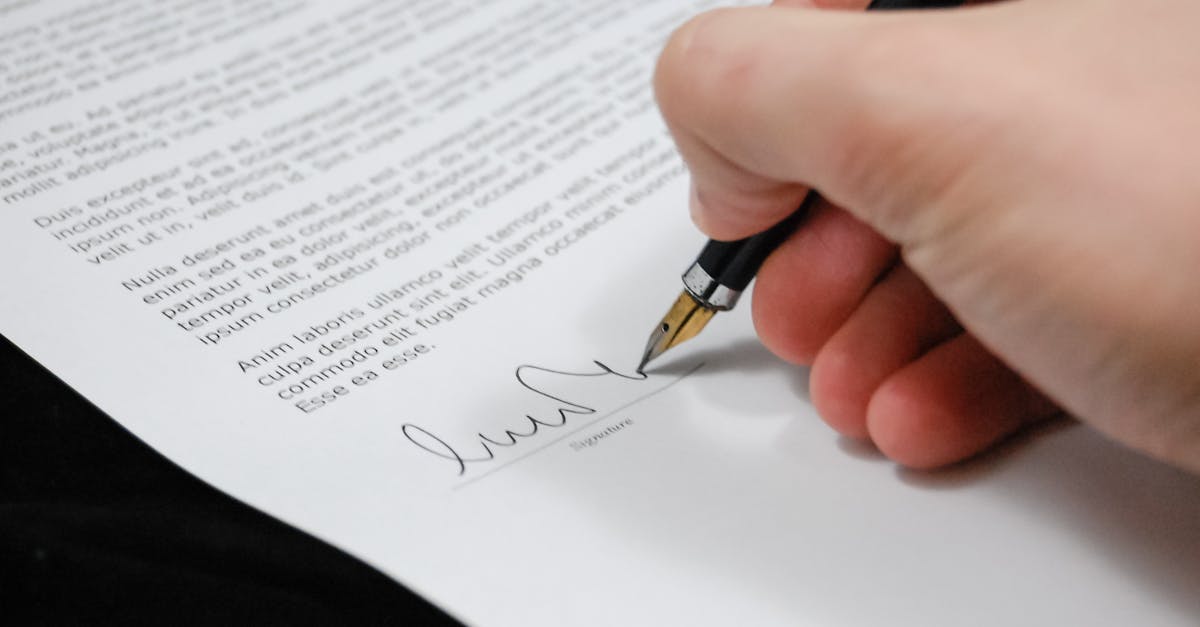Hawaiian Electric (HECO), a utility provider in Hawaii, operates under a monopoly with a virtually guaranteed rate of return. This privileged position comes with a fundamental responsibility: to ensure safe and reliable electrical service for all consumers. The recent public discourse surrounding HECO highlights the critical nature of this obligation and its relevance to local businesses.
The core issue revolves around accountability. Given its status, HECO is expected to invest in infrastructure and implement safety measures to prevent service disruptions and mitigate potential risks. However, recent events, including the devastating Maui wildfires, have brought intense scrutiny to the company's practices. A recent article by Hawaii Free Press discusses a lawsuit alleging HECO's failures, which underscores the stakes involved. Such criticism places a spotlight on the company's financial and operational strategies.
The implications for Hawaii's business community are significant. Businesses rely on a stable power supply for operations, and any disruption can result in considerable financial loss. Moreover, the costs of maintaining and upgrading the electrical grid are ultimately borne by consumers, influencing the overall cost of doing business in the islands. Civil Beat reported on proposed legislation that may force HECO to restructure, indicating that the utility's financial health is subject to further review and legislative action.
From an investor's perspective, the regulatory environment surrounding HECO is critical. U.S. News & World Report covered actions taken by Hawaii lawmakers on HECO, which can impact the company's credit rating and investment attractiveness. Additionally, the need for increased oversight and potential liability concerns create both risks and opportunities for investors. The discussion of this impacts entrepreneurs who are highly dependent on reliable power infrastructure, which is essential to the success of many businesses in tourism and other sectors.



